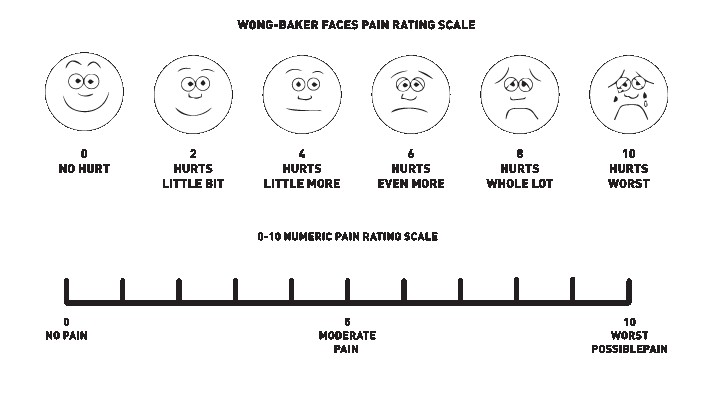Please complete this questionaire to to reinforce the key information in the video.
How to Take Opioids Safely After Surgery
If you have any additional questions, please ask your nurse or doctor.
Before surgery, your surgeon will talk with you about how much pain you may have and how it will be managed. Many things factor in to how much pain you may have:
- Different types of surgery and incisions cause different types and levels of pain.
- A longer, more involved surgery may be harder on your body.
- Each person feels and reacts to pain in a different way.
Please tell your surgeon if you have any allergies or problems with taking pain medication. Pain control is important for recovery. It will allow you to get up and begin to move around. This is important because:
- It lowers your risk of blood clots in your legs or lungs, as well as lung and urinary infections.
- You may have a shorter hospital stay and go home sooner. You are likely to recover more quickly at home.
- Pain that is not controlled may cause unnecessary suffering, which can lead to other health problems and slow your recovery.
- It will help you to eat better, sleep better, move around more easily, and visit with your family and friends.
Your surgeon will tell you when to stop taking your pain medication. This is usually a few days after surgery.
Your Role in Managing Pain
It is important to tell a staff member when you are having pain, and if the medications you are taking are not controlling it. Please speak up. In the end, you are the one in control of your pain. Using ice can also help to control your pain and swelling when you are home after surgery. Based on your level of pain and medical needs, your surgeon will decide the best plan to control your pain after surgery. This may include:
- Patient Controlled Analgesia (PCA)
You may get pain medicine through an intravenous (IV) line. The device is set to give you a certain amount of pain medication. You can push a button to give yourself more pain relief when you need it. It is programmed so you cannot give yourself too much. Family members may not push the pain button. - Epidural Pain Control
You may get epidural pain medications through a soft tube (catheter) inserted into your back. You may come out of the operating room with a catheter already in place, or it may be inserted in the hospital bed after your surgery. - Pain Pills or Shots
You may get enough pain relief from medication in pill form or shots. You may get this medication right away after surgery. More often, you get it when you no longer need epidural or continuous IV medication.
Rating Your Pain
To help find out the level of your pain and decide how to treat it, we may ask you to use a pain rating scale, like those below, to measure your pain level.
